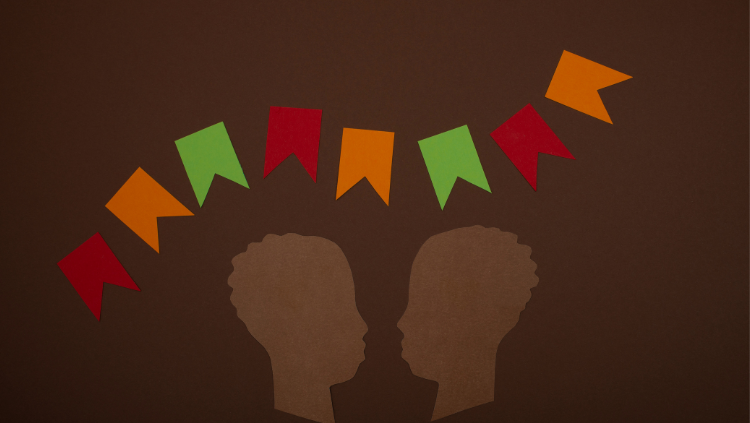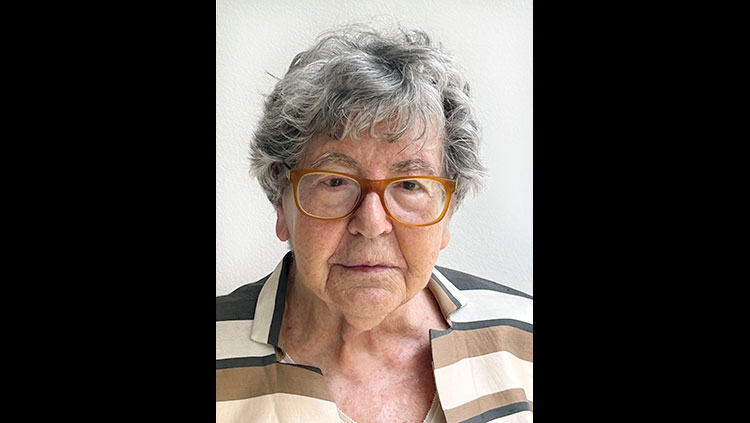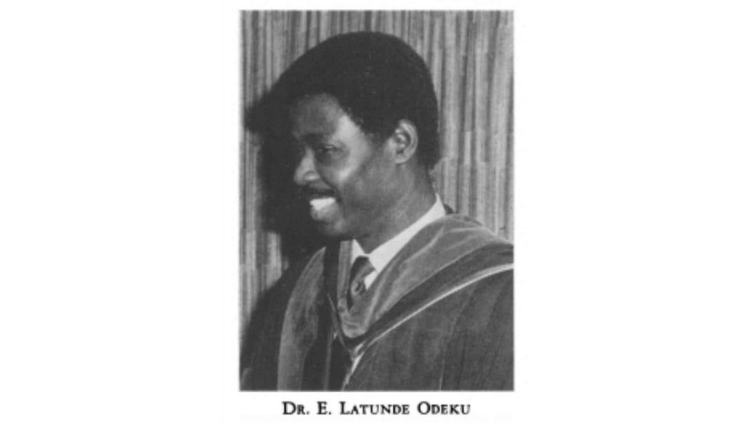How Many Neurons Are in the Brain?
- Published4 Dec 2018
- Reviewed4 Dec 2018
- Source BrainFacts/SfN
For half a century, neuroscientists thought the human brain contained 100 billion nerve cells. But when neuroscientist Suzana Herculano-Houzel devised a new way to count brain cells, she came up with a different number — 86 billion. Herculano-Houzel, now an associate professor of psychological science at Vanderbilt University, describes her research and explains how we “lost” 14 billion neurons overnight.
CONTENT PROVIDED BY
BrainFacts/SfN
Transcript
Herculano-Houzel: I’m Suzana Herculano-Houzel. I'm an associate professor at Vanderbilt University in Nashville.
Narration: Were you originally taught that the brain had over 100 billion neurons?
Herculano-Houzel: Oh yeah, the 100 billion neurons in the human brain, that's the number that appears in major text books, on the internet. You can write it in the opening paragraph of your review papers without ever bothering to give a reference. It's as good a truth as genes are made of DNA. Who gives a reference for that anymore, right? You open textbooks and it's right there, so you just take it for the truth.
Narration: Why did everyone think there were that many neurons in the brain?
Herculano-Houzel: The way that people could count neurons or any other type of cells in brains was, and still is, stereology which essentially amounts to taking whole brains, slicing them up perfectly, and then sub-sampling a few sections under the microscope. You look up how many cells you find in a given volume or within a given little dissector, just a probe that you place on the sections. That works beautifully provided that you know how to do it appropriately and that you're looking at a structure that's very homogeneous in the distribution of cells. It works perfectly for small parts of the brain; you want to count how many cells you have in the thalamus and motor nuclei, that's fine. If you want to apply that to the whole brain, you run into the problem of how different the distribution of neurons is from one millimeter to the next.
It's like taking a poll without knowing what you're doing, how people are distributed, or how they're concentrated ... You'd get a result but that doesn't necessarily mean that it's a good result, that it really represented the truth, let's say what you're going for. It made it very difficult for people to actually get estimates of how many neurons composed whole brains of different species, much less a human brain, which is really large
I think it was a mixture of different factors that got this magic number propagated so long and along with it, that story that we have 10 times as many glial cells as neurons in the human brain, which is just so not true.
Narration: What made you question that number?
Herculano-Houzel: What made me realize that we didn't know the first thing about what brains are made of was a survey that I ran at a science museum in Brazil where I started working after I got my PhD. I ran a survey with people who visited the museum on a number of things about the brain like ... 80% of people agreed that without a brain, there's no conscious. Great right?
60% of college educated people in Rio accepted that myth that we only use 10% of the brain. I still don't know where that myth came from, but I started looking around and one of the possibilities was that you open textbooks and there it was.
When I saw that and I realized that it could be the source of this 10% thing, I started going through the literature and I asked a number of prominent neuroscientists where do these numbers come from? Do you know whoever actually counted and found that there are 100 billion neurons in the brain, in the human brain, and 10 times as many glial cells? Everybody was like, "Um. I actually don't, but those are the numbers, aren't they?", so it was really a game of telephone. It's just hearsay. I went digging through the literature and that's when I realized that everybody thought that everybody else had already figured this out but nobody actually had.
Narration: Herculano-Houzel came up with an ingenious way to test how many neurons were actually in the human brain.
Instead of testing slices of the brain, which could be wildly inconsistent, she created “Brain soup.” By dissolving a whole brain into a solution and counting the nuclei of neurons, you can get an accurate count of how many cells make up the brain.
The number she came up with? 86 billion neurons, and the same number of glia.
Herculano-Houzel: The average that we have so far is a total of 86 billion neurons and just as many non neuronal cells which includes not just glial, but also the endothelial cells. The endothelial cells are probably around 20% of all the non neuronal cells. That's something that we're working on now. That still leaves less than one glial cell per neuron in the brain as a whole. The thing is that this ratio between how many glial cells and how many neurons you have, that's highly variable across different parts of the brain. You can have two or maybe even three glial cells per neuron in some parts of the cortex, and less than 0.01 in the cerebellum, meaning you have many many more neurons than glial cells.
Getting those numbers for the first time was really exhilarating. Before that we had mice and rats, which you know, they're just mice and rats. I remember thinking I know something that nobody else does. The next thought is, well I need to get the word out now because this is useless if I know this but nobody else does. It was about the same thing with the humans with the bonus that once we had those numbers, we could actually start comparing them to other species and that's where you realize that compared to other primates we're just that generic primate with a 1.2kg brain. To me, that's the most important part about having the numbers. It's not just the numbers per say; it's what you can do with them.
Narration: Why do you think people held on to the 100 billion neurons myth for so long?
Herculano-Houzel: I think people very rapidly realized that we really did not know these numbers and we really needed those numbers, not just in the human brain, but in a number of other species if we were to find out some basic fundamental properties of how brains develop, how they evolve, how they're put together, how they function, what the constraints are. The push back was really from people who were maybe very comfortable with the ideas, the notions that we had until then, that were really just based on intuitions like the human brain is special.
It has to be, right, because we don't have the largest brain around, so how come we study elephants and they don't study us. If their brain is this big and ours is just big enough to fit inside the head, there had to be something that's out of the ordinary about the human brain. When we came out and said that we really had just a large primate brain, that was on top of that, that was no much bigger than you would expect for the size of a primate body, some people could just not take that. You read in reviews that this cannot be true, which is just frustrating because that's not what scientists are supposed to say, that this cannot be true.
Fun science fiction aside, we are really the ones studying mice and elephants and what not, and not the other way around. I think it's very understandable to get this feeling that there has to be something very distinctive about humans. The thing is, this something distinctive doesn't necessarily mean that we've been singled out by nature or whatever other agent to become an exception to the rules, which was the feeling for a couple of centuries.
We know today that evolution just means change. Not necessarily for the better or for worse, it's just change over time which means that humans are really just one more species. It was in that context of humans coming on top, humans being the crown achievement of evolution that a lot of the most basic concepts were generated.
Also In Meet the Researcher
Trending
Popular articles on BrainFacts.org

















